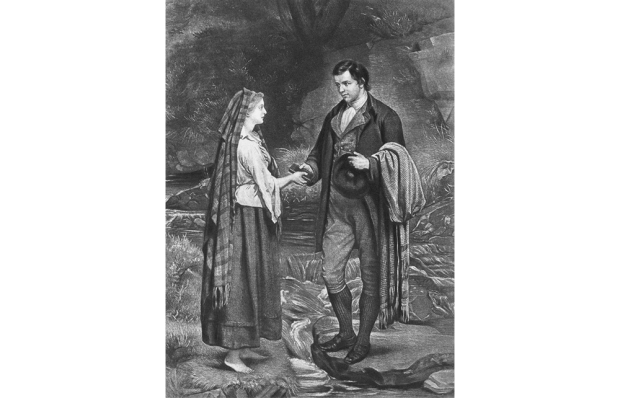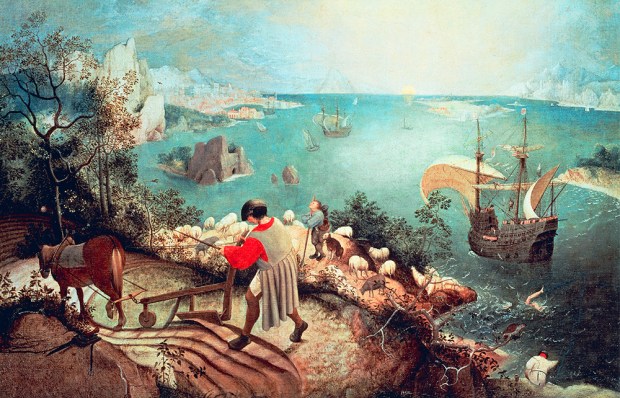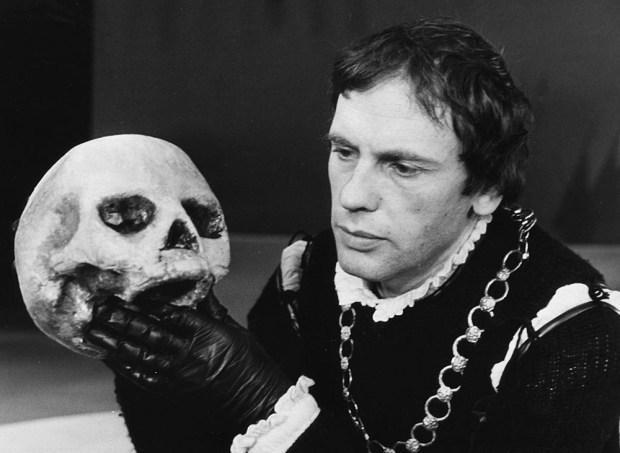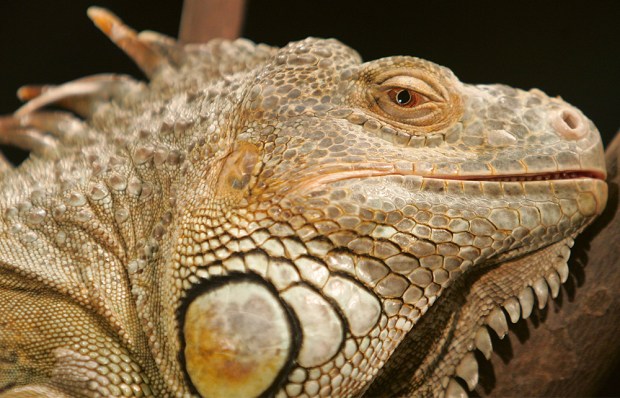In Competition No. 2933 you were invited to submit a blurb for a misery memoir. Thanks to Tom Dulake for suggesting this excellent challenge. The winners would be worthy occupants of what some bookshops call the ‘Painful Lives’ section, which service the reading public’s appetite for ever more harrowing accounts of extreme suffering. Unsure whether to congratulate or commiserate with the miserabilists below, I award the bonus fiver to W.J.Webster; the rest take £25 each.
Slow Drags the Harrow is Len Sprague’s fearless account of a life survived through sheer unyielding endurance. When he was seven his mother was convicted of poisoning his brutally sadistic father. Sent to live with his widowed Aunt Myrah he often went without food as she tried to ‘starve out the Devil in him’. He left school at 15 and earned money running drugs for a paedophiliac urban gangmaster. Eventually he escaped by walking to Tilbury and stowing away on a Patagonian cargo ship. He kept himself alive by eating rats and drinking bilgewater. But once in South America his journey to redemption began. All this is told in spare yet unsparing prose as an ultimately heart-warming hymn to the indomitable human spirit. To read Slow Drags the Harrow is to take a virtual round-trip to Hell with a faithful guide at your side.
W.J. Webster
The author, son of unmarried carnival workers, was born in a decrepit but brightly painted van at a roadside campground in Kentucky. After both parents went to prison on fraud and arson charges, he got a rough-and-ready upbringing from assorted magicians, fortune-tellers, knife-throwers, jugglers, drug dealers, pickpockets, merry-go-round operators and other carnies and hangers-on. Then the competing jailhouse conversion experiences of his mother and father set the stage for a cult-versus-cult custody battle pitting renegade Mormon polygamists against a nude Scientology commune. In his teens he broke with both parents, and established himself as the charismatic leader of a secretive urban fellowship where young runaways dabbled in self-dismemberment and cannibalism. As he writes in this shocking but ultimately uplifting saga of degradation, criminality and eventual self-discovery, ‘Luckily, I got over that mutilation kick while I still had enough fingers left to type this book.’ Luckily indeed.
Chris O’Carroll
Steven Glum’s Please, Daddy, Don’t Stick My Other Hand in the Food Processor Too is a memoir that plumbs hitherto undreamed of depths of privation and cruelty. Tut as you read how Glum’s junkie mother gave birth to him in a dustbin full of broken glass, used bandages and diarrhoeic rats. Go ‘Blimey, that’s a bit much’ as he reveals how his psychopathic father once beat him until his pelvis fell out. Gasp as you hear how he was saved from childhood starvation only by the chance discovery of a hypodermic needle floating in a public lavatory, which he then used to chisel bits of chewing gum off the pavement. Sob uncontrollably as he describes how he didn’t even know what colour the Incredible Hulk was until 1982 when his parents finally replaced the family’s black and white TV.
Rob Stuart
In Is Mommy Still Dead? Krystal Washington, Utah’s top television jewellery shopping host, unsparingly reveals the tear-stained history behind her smile. Both loving portrait of the Mommy who died bearing her and damning indictment of the Daddy who neglected to be there for her almost as comprehensively, the book shows how hope can trump despair and insurmountable odds can be surmounted, though not before countless searing anecdotes, from being forced to eat dog food to merciless bullying by truant officers uncomprehending of her phobia of bullies. Only inspired to speak by a neighbour’s toucan, garnering her education from infomercials and the backs of beer cans, Krystal had determination where others had only opportunity. Her eventual triumph, selling ersatz zirconium through the medium she loved, would prove almost as hard earned as the love of the children she would unintentionally ruin by giving them all she never had and more besides.
Adrian Fry
He never had a chance. Born in middle-class Surrey to loving parents who never put him up for adoption, ‘Jeremy’ suffered the indignity of education at a series of schools dubbed outstanding by Ofsted, where he was not bullied. In painstaking detail the author relates his time at Oxford, where he made the mistake of working hard to achieve a respectable and solid Upper Second. Then it was the Civil Service, marriage, children, and the long depressing upward drift to the rank of Permanent Secretary. The world deemed him successful, but his soul yearned to play grunge metal. Looking back on a wasted life, ‘Jeremy’ dissects his mistakes with bitter honesty, starting with a fatal decision at the age of six to learn oboe rather than guitar. An especially gruelling chapter describes the evening in the Nineties when he was offered hard drugs and said, ‘No thanks, actually. Sorry.’
George Simmers
In High Pitch, Theophilus Pottle (his real name) coolly shows us the underbelly of luck. Born to a homicidal mother, he witnessed the slaughter of his siblings when he was only one, and was spared so that she ‘had something to look at’. After spending his adolescence in a glass case, cruelly required to speak the time in the 24-hour format, Pottle was fortunate to be rescued by a group of itinerant eunuchs, who made their living by hiring themselves out to local choirs. There was just one snag… Pottle, who made his name with Punishment Beating, an account of his previous life as a cinema commissionaire in Stockton-on-Tees, surpasses all expectation and fear as he depicts his escape from being a vocal rentboy into the equally disturbing world of fell cricket in Cumbria. Never has the term ‘losing the toss’ been so vicious, dangerous and excruciating.
Bill Greenwell
No. 2936: Country music
Tom Shakespeare has suggested that it might be time for the UK to consider an alternative to ‘God Save the Queen’. You are invited to suggest lyrics for a new British national anthem (16 lines max). Email entries to lucy@spectator.co.uk by midday on 17 February.
Got something to add? Join the discussion and comment below.
Get 10 issues for just $10
Subscribe to The Spectator Australia today for the next 10 magazine issues, plus full online access, for just $10.
You might disagree with half of it, but you’ll enjoy reading all of it. Try your first month for free, then just $2 a week for the remainder of your first year.













Comments
Don't miss out
Join the conversation with other Spectator Australia readers. Subscribe to leave a comment.
SUBSCRIBEAlready a subscriber? Log in